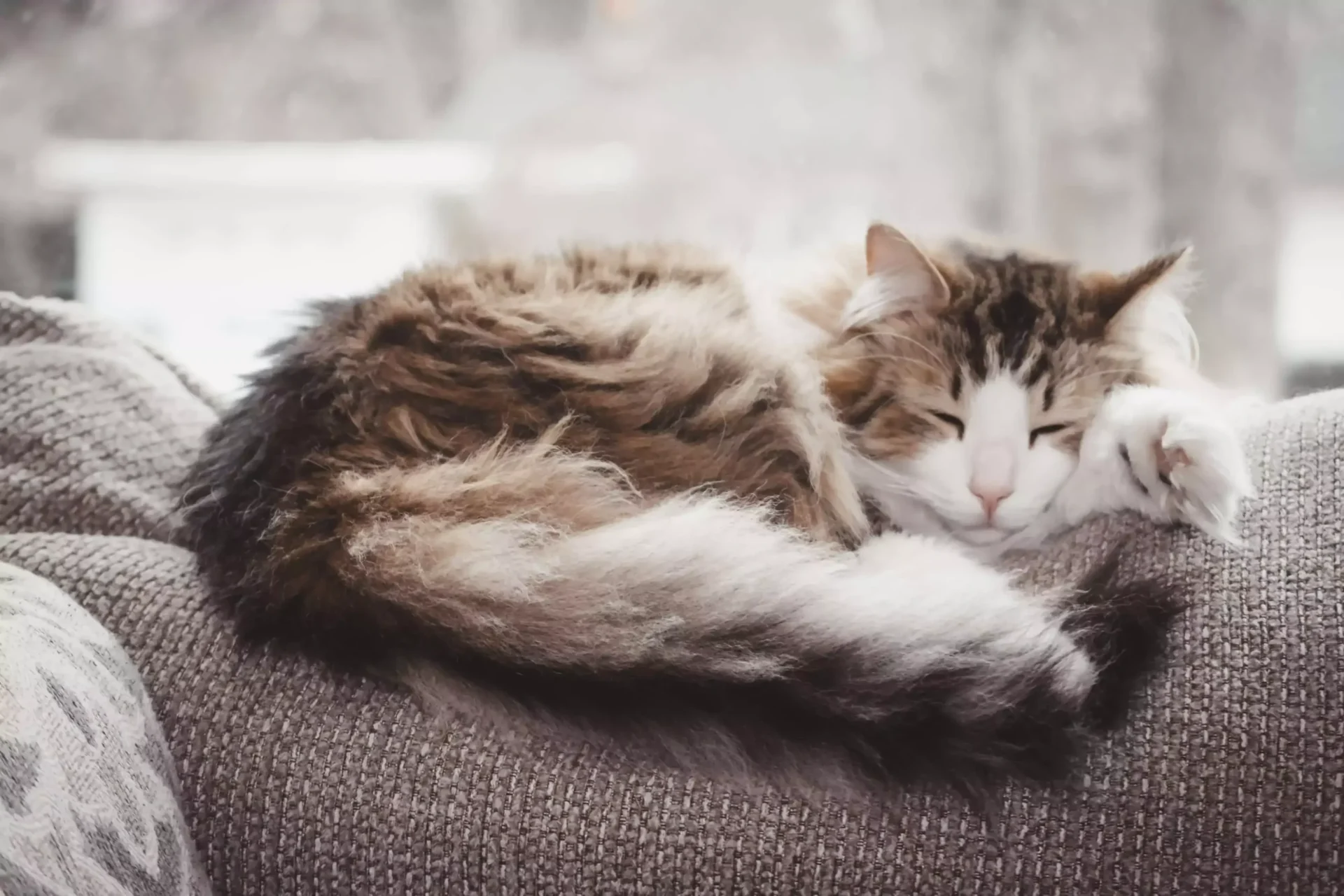Did you know that pets can suffer from anxiety, just like people can? Fluffy and Fido are both very intuitive and very emotional. A local San Antonio, TX vet discusses pet anxiety in this article.
Causes Of Stress
Pets can get stressed out for a variety of reasons. Major changes, such as moving or changing owners, are a big one. Friction with another household pet, PTSD, medical issues, boredom, loneliness, and discomfort are also possibilities.
Effects Of Stress On Pets
Stress is a mental and emotional issue, but it can manifest in physical ways. If Fido and Fluffy stop eating, they can develop gastrointestinal issues, and can quickly lose weight. Also, if your pet expresses their stress by misbehavior and gets punished for it, that may just make them more anxious.
Signs Of Stress In Dogs
Fido can’t tell you how he feels, but he does give off clues through his behavior and body language. Showing the whites of his eyes is one sign. Other red flags include a tucked tail, raised hackles, yawning, panting, and licking the lips. Your furry friend may also pace, shake, whine, or bark. Some pooches release their stress by engaging in destructive behaviors, such as digging or chewing.
Signs Of Stress In Cats
Kitties show their emotions in different ways. Fluffy may withdraw to a secret hiding spot, and not want to come out. She may stop grooming herself, or go in the other direction and overgroom herself. Some cats get very cuddly, and demand lots of petting and attention. You may also notice things like reduced appetite, litterbox issues, and even weight loss.
How Do You Calm A Stressed Pet?
There are ways to help your furry friend. First and foremost, if you aren’t sure why your pet is stressed, schedule an exam right away to rule out medical issues. Make sure your furball is getting enough exercise and entertainment. A good play session—or, in Fido’s case, a long walk—will help burn off that excess energy, leaving them calmer after. It’s also important to keep your four-legged friend buddy on a steady routine as much as possible. Pets just naturally feel more secure with stable environments and schedules. You may also want to look into products, such as pheromones or weighted shirts. Natural remedies, such as herbs and aromatherapy, may also help. Ask your vet for more information.
Do you know or suspect that your pet is stressed? Contact us, your local San Antonio, TX pet hospital, today!







!Social Media Icons